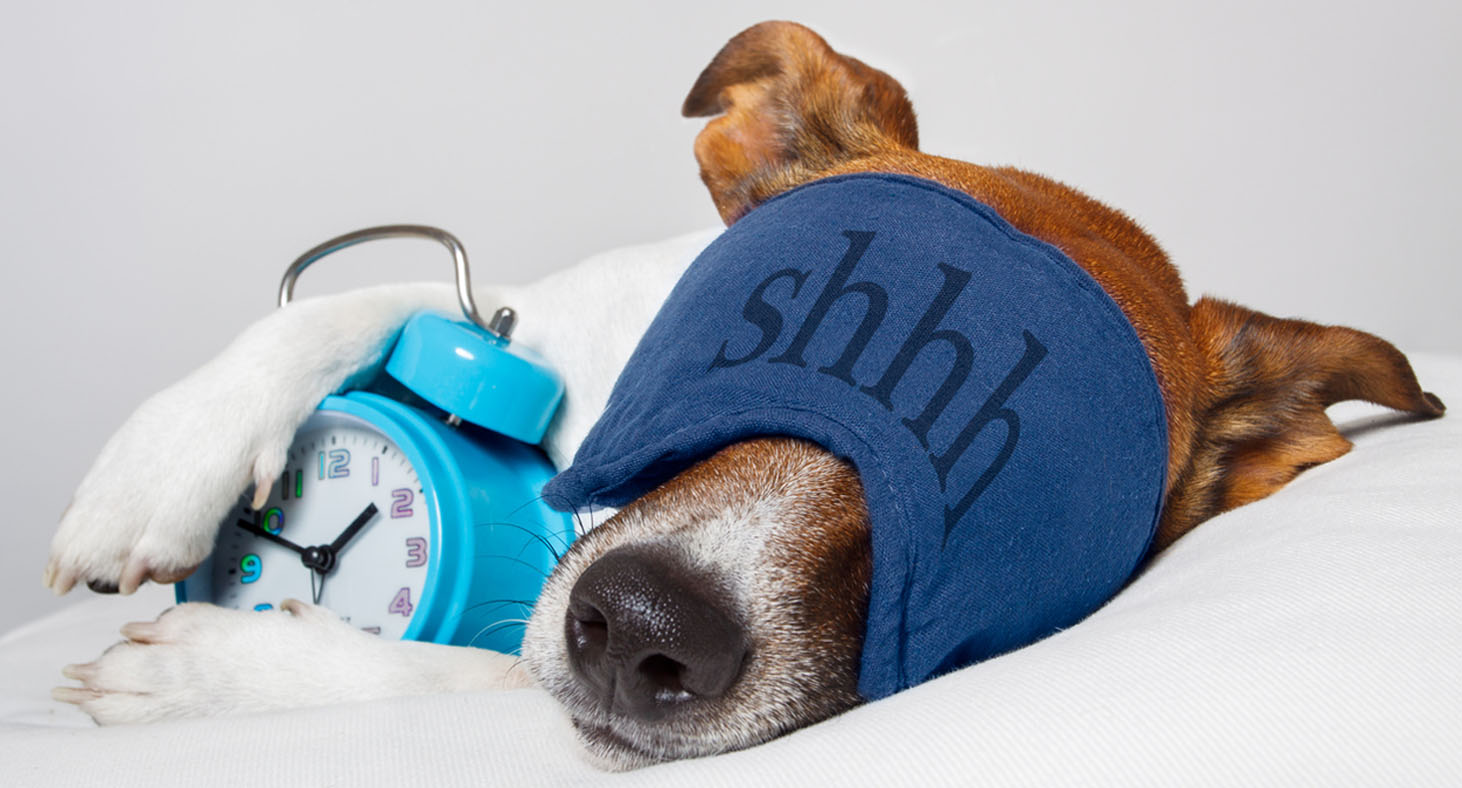Sleep apnea is a sleep disorder characterized by episodes where your breathing stops then starts again. If left untreated, it interferes with the quality of your sleep and can have detrimental health impacts, such as diabetes and heart disease. If you think you have sleep apnea, then visit a sleep apnea dentist for an accurate diagnosis.
Sleep apnea symptoms
The most notable sleep apnea symptom is chronic snoring. However, not everyone who snores suffers from this condition. Snoring, which is accompanied by gasping or choking sounds and silent pauses of breathing, is a distinctive symptom of sleep apnea.
Those who experience this usually have daytime fatigue or sleepiness. The start/stop breathing episodes interfere with the quality of your restorative sleep, meaning your body does not get the rest it needs to rejuvenate.
Other common sleep apnea symptoms include disturbed sleep, hiccups in breathing during sleep, gasping or choking sounds, excessive drowsiness, poor concentration, and memory loss.
Main types of sleep apnea
Though there are various types of sleep apnea, the most prominent ones are obstructive and central sleep apnea. There are key differences between the two, which form the basis for diagnosis and treatment.
Obstructive sleep apnea
Obstructive sleep apnea (OSA) occurs when the throat muscles fail to open on cue, causing the upper airway to get completely or partially blocked during sleep. During these pauses, your body is trying to breathe through your nose or mouth but is unable to, due to the blockage. This disturbs your sleep and can deprive your body of oxygen, especially if you have severe apnea characterized by 30 or more apneic events per hour.
Central sleep apnea
Central sleep apnea (CSA) occurs when your brain fails to send timely signals to your breathing muscles. The delayed signals cause pauses to your breathing and can cause you to wake up, at least temporarily. In most cases, CSA results from an underlying problem in your brain, such as abnormalities or injuries in your brainstem, stroke, abnormalities in your cervical spine, or Parkinson’s disease. Still, CSA can result from unknown causes.
Risk level
Anyone can get sleep apnea, but certain risk factors can increase the likelihood of having it. These include being overweight, having a large neck size, having a small upper airway, ethnicity (African-Americans, Pacific-Islanders, and Hispanics are at a higher risk), genetics, being male, being post-menopausal, and alcoholism.
When to get help
Not everyone needs treatment for sleep apnea. However, this decision should be made by your family dentist who will examine various factors before deciding whether or not you need treatment.
Mild or severe sleep apnea affects your quality of life and can have other serious long-term consequences. If you suspect you have sleep apnea, then seek advice from sleep professionals.
How is sleep apnea diagnosed?
Visiting a dentist who treats sleep apnea can help ease your mind through the right diagnosis and treatment. Your doctor will order a sleep apnea test (sleep study) using special equipment, such as positive airway pressure (PAP) machines, to monitor your breathing.
The study can be done in a lab overnight, or in some cases, you can take the sleep apnea kit home for it to monitor and record your breathing. Your doctor will then use the results to determine the type of sleep apnea and its severity.
Treatment
The first line of treatment involves continuous positive airway pressure (CPAP) machines to normalize breathing difficulties during sleep. A CPAP can lessens daytime fatigue, promote quality of sleep (especially during the night), and helps you overcome cardiovascular challenges.
Your doctor can also prescribe a dental appliance for preventing the airway from functioning abnormally, sleep apnea surgery for eliminating or reducing the extra tissue in the throat that blocks and collapses the airway when sleeping, and positional therapy as a behavioral strategy. Your doctor might also suggest making some lifestyle changes, such as lowering your alcohol intake.
Effects of untreated sleep apnea
If you do not seek treatment, you could experience cognitive loss, such as memory, concentration, and moodiness. Inadequate rest denies your body the chance to consolidate memories, which leads to loss of memory. You are also likely to experience fatigue and drowsiness which can affect your concentration and increase irritability.
It could also affect hyperactivity in children. Some studies show that sleep apnea can increase blood sugar levels, and these spikes can cause hyperactivity in children.
Obese people, however, are more likely to suffer from sleep apnea due to the location of fat deposits. Obesity is also linked to other major illnesses, including hypertension, heart disease, stroke, and diabetes.
For more information
Do not wait to take action if you suspect that you or your loved one is suffering from sleep apnea. For more information, contact Arkansas Family Dental at (501) 683-8886 to schedule an appointment today.

Leave a Reply